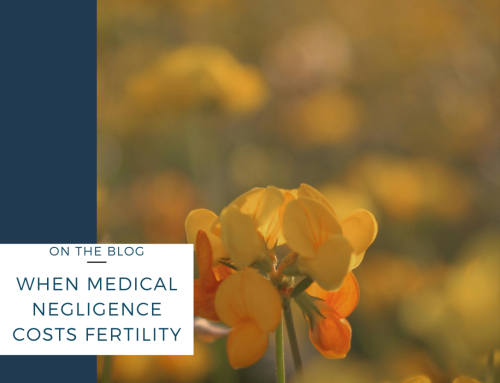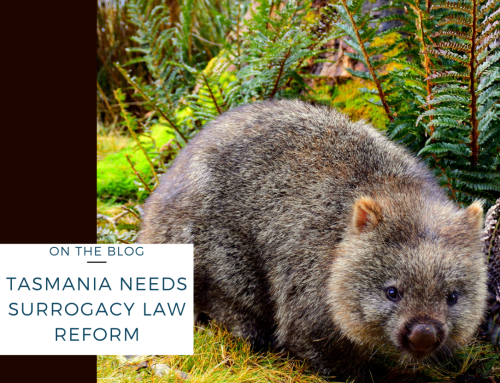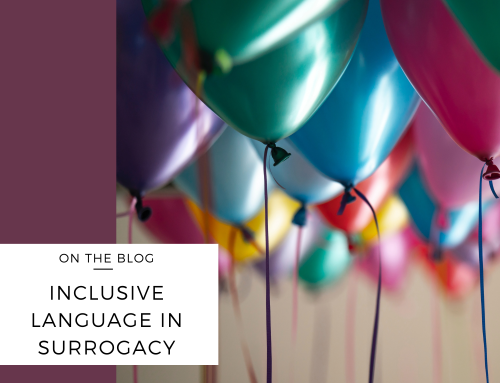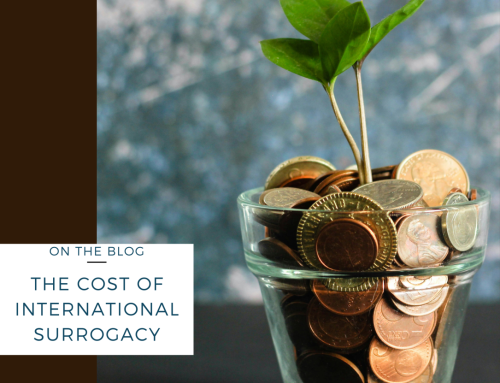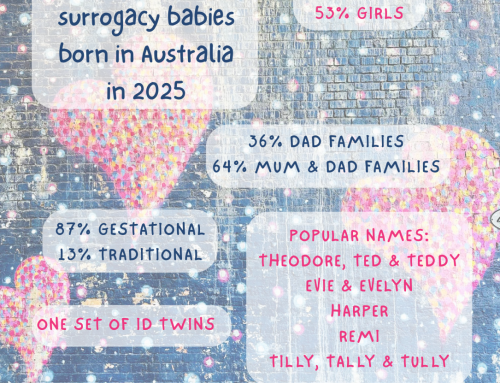Can I be a surrogate?
Many women who consider whether to be a surrogate assume they will be eligible, often because they consider themselves fertile and have had smooth pregnancies and births of their own babies. Whether you are a good candidate for surrogacy depends on the laws and your individual circumstances. Best to find out, before you offer to intended parents and get their hopes up.
If you are an intended parent, you can read about how to find a surrogate. You can also download the free Surrogacy Handbook which explains the processes and options.
Have you thought about joining Surrogacy Australia’s Support Service? Read this first. You don’t need to join SASS to be a surrogate in Australia.
Looking for a surrogate and not sure where to start? We Need a Surrogate – What’s Next? And if you have a surrogate or intended parents, you can get started on the surrogacy process.
You can read a broad overview for surrogacy in Australia and how it works.
So, here’s a few things to know about being a surrogate:
- It is required in most states that you are over 25 years old to be a surrogate. There are no legal restrictions on the upper age limit, but clinics often apply an upper age limit of 52 or 53. A post-menopausal woman can be a surrogate, so it is worth speaking to a medical practitioner about your situation if you are over 47 or post-menopausal.
. - In Victoria, you need to have had your own child before you can be a surrogate. This is not a legal requirement elsewhere, but might be a barrier for the clinic. There are good arguments for why a surrogate should have had her own child/ren before being a surrogate, including the risk to her fertility. If you have not finished your family, you need to consider whether not being able to have more children is a risk you’re willing to take.
. - You don’t have to be married or have a partner – there are many single women who are surrogates. Just like all surrogates, you should consider the support systems you have in place for yourself and your family before proceeding.
. - If you have been married and are now separated, you should consider finalising your divorce before entering into a surrogacy agreement. You need to talk to your lawyer, because being married at the time of entering into the arrangement can have implications for the surrogacy agreement and the Parentage Order.
. - The surrogacy laws that apply will be those of the State where the intended parents live. If you live in Queensland and your intended parents live in New South Wales, the New South Wales surrogacy laws apply. You should get some advice about your circumstances before proceeding – Sarah offers free initial consults for future surrogates (follow the link below to book in, or read more here).
. - You can be a gestational surrogate – using an egg from the intended mother or a donor, or a traditional surrogate, using your own egg. There are different considerations that apply to both, and you should get advice before proceeding with either option.
Do I need to have completed my own family before becoming a surrogate?
Lots of people declare that you must have finished your own family before you can be a surrogate. There are no legal requirements that you must have finished your own family. Many surrogates continue to grow their own family after surrogacy – no one can stop you from doing that. You need to consider the risks to yourself in any pregnancy, and whether you are willing to accept the risk that a surrogacy pregnancy may be your last. If the surrogacy pregnancy leave you infertile, will you be ok with not having more children? That’s an individual decision for you and your partner, no one else can make that for you.
What about my health?
Many surrogates think they are fit and healthy and able to carry another pregnancy. That’s a good start! You should speak to a doctor and obtain clearance before proceeding. You can start the conversation with your GP, to see if there’s any physical reason why you should not carry. The doctor will consider your past pregnancy and birth history, and your overall health, and your age and BMI. Some doctors may ask that you are under a certain BMI before trying to fall pregnant. Other health conditions need consideration but might not disqualify you if the doctor is satisfied that you and the baby will not be negatively impacted.
There are risks in every pregnancy and birth. The medical professionals need to consider whether the risks to you or the baby outweigh the benefits of you being a surrogate.
Will my mental health history stop me from becoming a surrogate?
Many surrogates worry that a previous history of mental ill-health will disqualify them from being a surrogate. A history of anxiety or depression may not disqualify someone, but it is an individual decision and one to be made with your support system and the surrogacy counsellor. The professionals involved will want to know that you have a good support system and access to mental health support during the process and beyond. Minimising your previous history or current mental health will place you at risk, and my advice is to be open and upfront and prepare yourself for the times when you need support.
Can I have a homebirth?
It’s not uncommon for a surrogate to have specific ideas about how she might birth a surrogacy baby. Some will need more medical intervention than others, and some will have a preference to homebirth rather than attend a hospital – see for example, Michelle’s story on the Surrogacy Podcast. There are no laws about where you can birth a surrogacy baby. The decision is for the surrogate, her partner and the intended parents to make together. If a surrogate is clear in her own intentions, she needs to be upfront with any potential intended parents so that they can make an informed decision that’s right for them. Being aligned in values is more important than where the birth might take place.
What about breastmilk and feeding?
Surrogates are often interested in whether they will provide breastmilk or feed the baby, and whether intended parents have any expectations about this. Milk and feeding decisions are for the team to make together; rest assured there is no wrong answer. You can read more about milk and feeding of the surrogacy baby if you’re interested in understanding more.
Like everything in surrogacy, it is important to do your research before jumping in. Intended parents have often been on a long road and may be upset to receive an offer from a surrogate that is subsequently withdrawn because of a medical issue, or because she realises that surrogacy is not right for her. You might like to read about other surrogate’s stories, to understand their motivations and experiences.
To be a surrogate has been an amazing experience for me, and I’m happy to talk to you in an initial consult about the process and my experience.
Sarah has published a book, More Than Just a Baby: A Guide to Surrogacy for Intended Parents and Surrogates, the only guide to surrogacy in Australia.
You can find more information in the free Surrogacy Handbook, reading articles in the Blog, by listening to more episodes of the Surrogacy Podcast. You can also book in for a consult with me below, and check out the legal services I provide.




